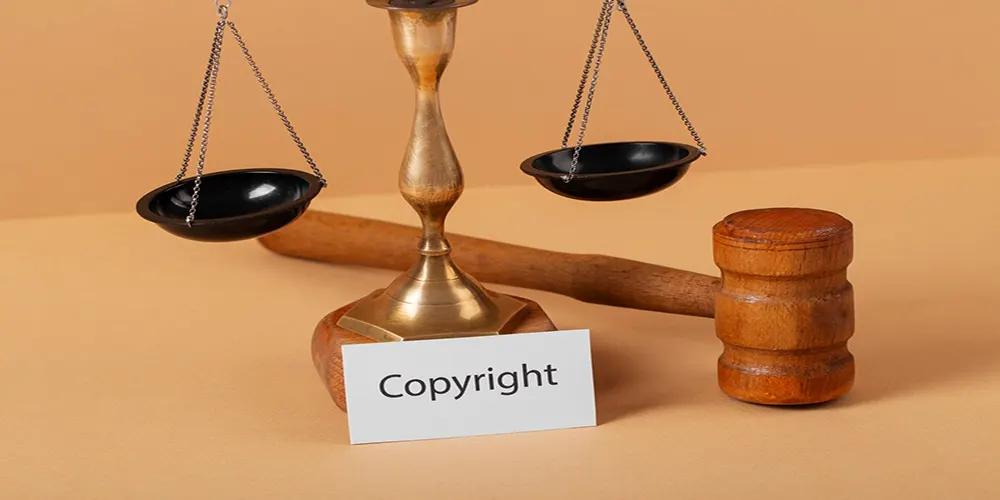

International Intellectual Property Law: Protecting Intellectual Property Across Borders
02/08/2024 Nancy Wilson 3563
International intellectual property (IP) law encompasses legal frameworks and agreements aimed at safeguarding intellectual property rights across national borders. It addresses the challenges posed by global trade, digital technologies, and cultural exchange, ensuring creators and innovators receive adequate protection for their intellectual creations worldwide. Intellectual property rights, including patents, trademarks, copyrights, and trade secrets, are critical assets in today's global economy, influencing innovation, economic growth, and cultural exchange on an international scale.
Overview of Legal Frameworks for International Intellectual Property Protection
-
World Intellectual Property Organization (WIPO): Established in 1967, WIPO is a specialized agency of the United Nations responsible for promoting and protecting intellectual property rights worldwide. It administers international treaties such as the Paris Convention for the Protection of Industrial Property and the Berne Convention for the Protection of Literary and Artistic Works, providing a framework for harmonizing IP laws among member states.
-
Regional Treaties and Agreements: Regional agreements, such as the European Patent Convention (EPC) and the Agreement on Trade-Related Aspects of Intellectual Property Rights (TRIPS) under the World Trade Organization (WTO), set standards for intellectual property protection within specific regions. These agreements facilitate cross-border trade, investment, and technology transfer by establishing minimum standards for IP rights enforcement and dispute resolution.
Importance of Understanding the Challenges and Opportunities
Protecting intellectual property in a global marketplace presents both challenges and opportunities for creators, businesses, and policymakers:
-
Complexity of Legal Systems: Variations in national IP laws, enforcement mechanisms, and cultural attitudes toward intellectual property create complexities for rights holders seeking global protection. Understanding these differences is crucial for navigating international markets and mitigating legal risks associated with infringement and enforcement.
-
Emerging Technologies and Digital Content: The digital age has transformed the distribution and reproduction of intellectual property, posing new challenges for rights holders in combating online piracy, counterfeiting, and unauthorized use. International IP frameworks must adapt to address these digital challenges while promoting innovation and creativity in the digital economy.
-
Opportunities for Global Expansion: Effective IP protection encourages innovation and investment by providing creators and businesses with confidence that their intellectual assets will be safeguarded in international markets. By leveraging international treaties and agreements, rights holders can expand their market reach, attract foreign investment, and participate in global supply chains.
-
Balancing Rights and Access: Promoting global access to essential technologies, medicines, and educational resources requires balancing IP rights with public interest considerations. International IP law provides mechanisms such as compulsory licensing and flexibilities in patent law to ensure access to critical innovations while rewarding creators for their contributions.
International intellectual property law fosters innovation, economic development, and cultural exchange in a globalized world. By harmonizing standards, facilitating cooperation among nations, and addressing emerging challenges in digital commerce, international IP frameworks contribute to a fair and competitive global marketplace. Understanding the complexities and opportunities of international IP law is essential for businesses, innovators, and policymakers seeking to navigate the global landscape while protecting and maximizing the value of their intellectual creations. As technology continues to evolve and economies become increasingly interconnected, the need for robust international IP protection remains crucial for driving sustainable growth, fostering creativity, and promoting global prosperity.
Recent Blogs
Effective Strategies for Man ...
09/01/2025 1256
The Role of Credit Insurance ...
07/01/2025 474
The Rights and Protections f ...
05/01/2025 838
Comparing Global Tax Systems ...
03/01/2025 741
External Training and Certif ...
01/01/2025 474
Trending Blogs
Collective Bargaining and Un ...
30/06/2024 13539
Collision Insurance: Coverag ...
19/05/2024 13107
Introduction to Financial La ...
07/04/2024 12992
Introduction to Immigration ...
11/04/2024 12866
Self-Employment Income: Star ...
19/04/2024 12697











